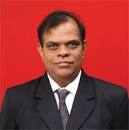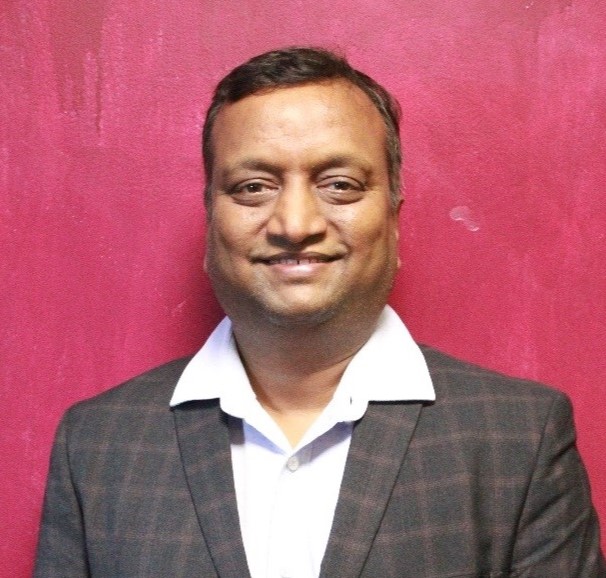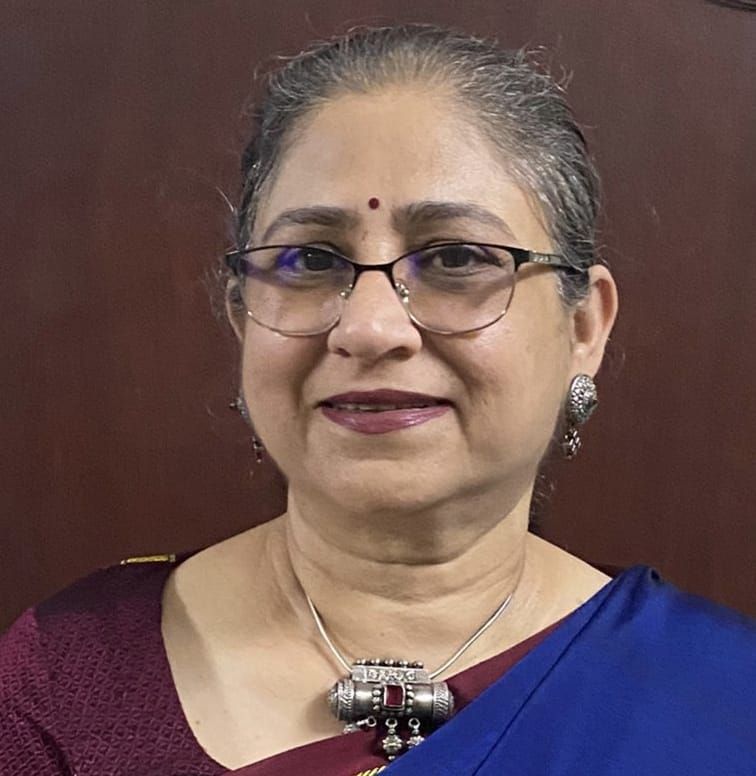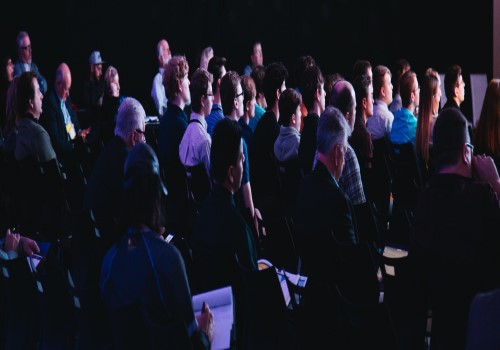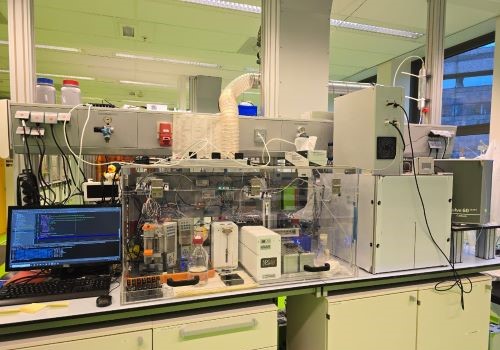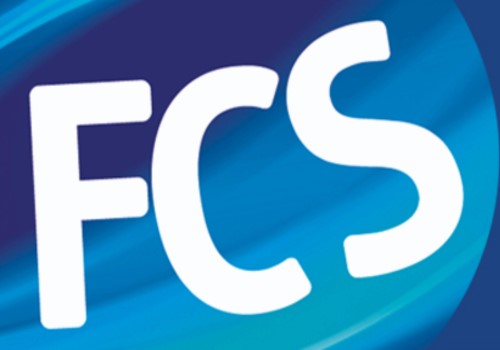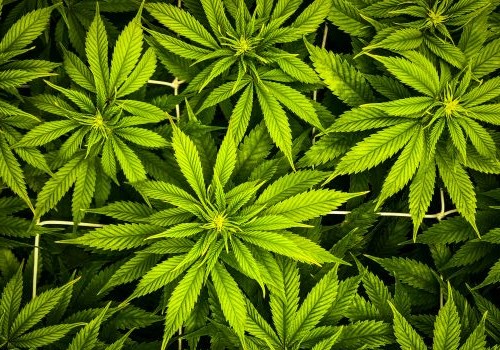Overview
The occurrence and fate of chemicals and active pharmaceutical ingredients (API), solvents, intermediates and raw materials that could be present in water and wastewater including chemical and pharmaceutical industry waste water have gained increasing attention. Traditional waste water treatment methods, such as activated sludge, are not sufficient for the complete removal of API and other wastewater constituents from these waters. Environment and health are affected by chemical and pharmaceutical effluents especially in the vicinity of industrial zones. Though untreated or partially treated effluents released by chemical and pharmaceutical industries, drinking water sources are being polluted. Different classes of pharmaceutical compounds like antimicrobials, analgesic, antidepressant, antihypertensive, contraceptive, antibiotic, steroids and hormones etc., organic solvents and hazadrous chemicals have been detected in water samples from mg/L to μg/L range. Therefore there is always a need of regular monitoring of concentration of pharmaceutical compounds in pharmaceutical effluents entering into drinking water sources in order to save environment as well as living form of lives from health hazards. There is a growing recognition and rise of concern about the impacts of human health and the environment when pharmaceuticals and chemicals are not managed appropriately.
Despite of the fact that the pharmaceutical companies are the leading contributors in the world economy with total revenue of 1.27 trillion U.S. dollars, it has also been one of the fundamental causes in the carbon footprint by producing approximately 1.9 Mt CO2 the traditional synthetic processes to a present-day innovative mechanism. Green chemistry provides a framework to evaluate, innovate and identify more effective practices for As the human impact on our environment continues to increase, all industries need to act to reduce their environmental footprint, improve sustainability and live within the boundaries of our planet. This is no exception for the chemical and pharmaceutical industries. The current focus, therefore, of the bulk chemical industry is to work on reduction of energy consumption, circular economy and more sustainable or biodegradable products to reduce the impact on the environment. Green Synthesis aims to optimize consumption, reduce energy waste, and use renewable energy sources for the power supply.
Another issue is that the pharmaceutical industry uses solvents in enormous quantities. These solvents are usually toxic in nature and are not fit for sending to a waste water treatment plant. The other option is to send it to a waste management company which is not economical. The biggest percentage of waste in any pharmaceutical company comes from solvent waste and the best way to reduce it is to reuse it. It requires separating solvents from the waste using separation techniques such as distillation, stripping, membrane separation etc.
This expert forum has been specifically designed for the scientists from chemical, pharmaceutical, food, petrochemical, biofuel, fine chemical and paint industry. The event envisages to bring together the selected top industry experts and regulatory authority representative presenting their experience on how they were able to solve their respective chemical and related problems. With the assorted case studies and practical examples, this forum will be an excellent discussion forum for exploring solutions to various pollution related issues. This event will be held on December 15, 2023 in Mumbai.
Who Should Attend ?
Vice President, Managing Directors, CEO, CSO, Directors, Scientists from Pharmaceutical, Chemical, Food, Paint, Biofuel and Fine Chemical industries, Environmental Laboratory, NABL Labs working in department of Environmental Management, Environmental analysis, EHS, Environmental monitoring, Air and Water testing, Sewage treatment, Waste management, Public health, Green chemistry, Microbiology (Industrial, Medical, Soil), Biodegradable, Bioremediation, Environment Pollution Regulation, Pollution control Boards and Audits etc.
Organizing Secretary: Ms. Swati Kanwar, M: 8289015050, Email: s.kanwar@glostem.com
Forum Manager: Ms. Simran Kahlon, M: 7696125050, Email: s.kahlon@glostem.com
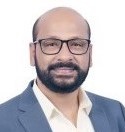
Debabrata Rautaray
Vice President and Chief Product Development & Innovation Officer -Chemicals,
DCM Shriram Ltd, India
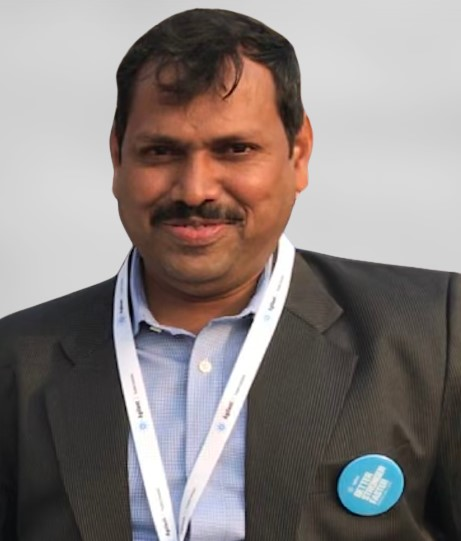
Manoj Surwade
Product Specialist & Sales Development Manager,
Agilent Technologies India Pvt Ltd., India
Conference Agenda
- Environment Regulations & Impact Assessment
- Solvent Recovery and Reuse in Chemical Processes
- Chemical Wastes Management and Recycling
- Green Processes & Practices for Industry
- Advanced Environment Analysis Techniques
- Best Practices for Reducing Environmental Footprint and Improving Sustainability
Sponsors
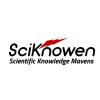
Knowledge Partner
Partners

IT Partner
Media

Print Partner


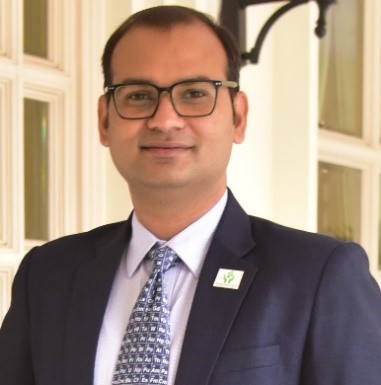
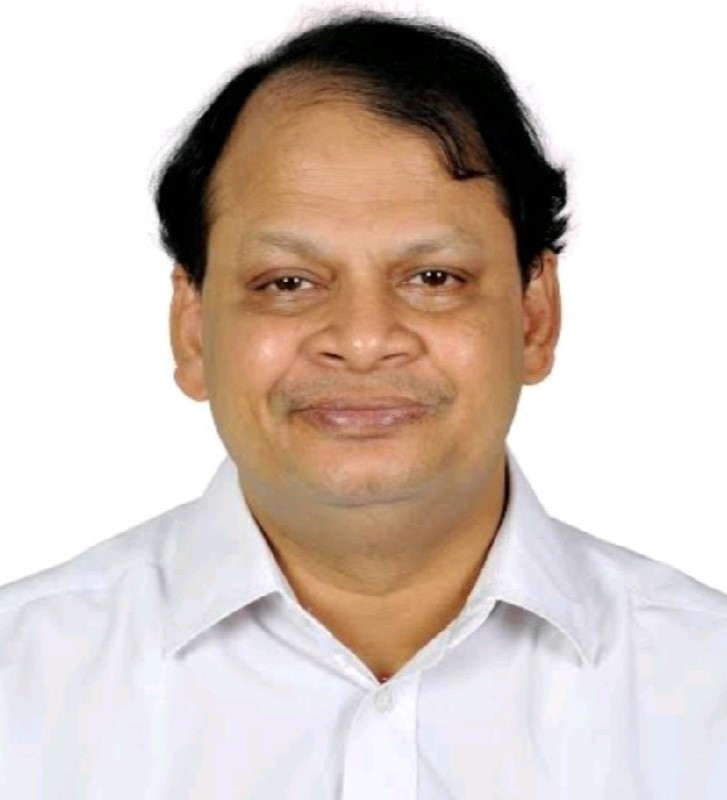
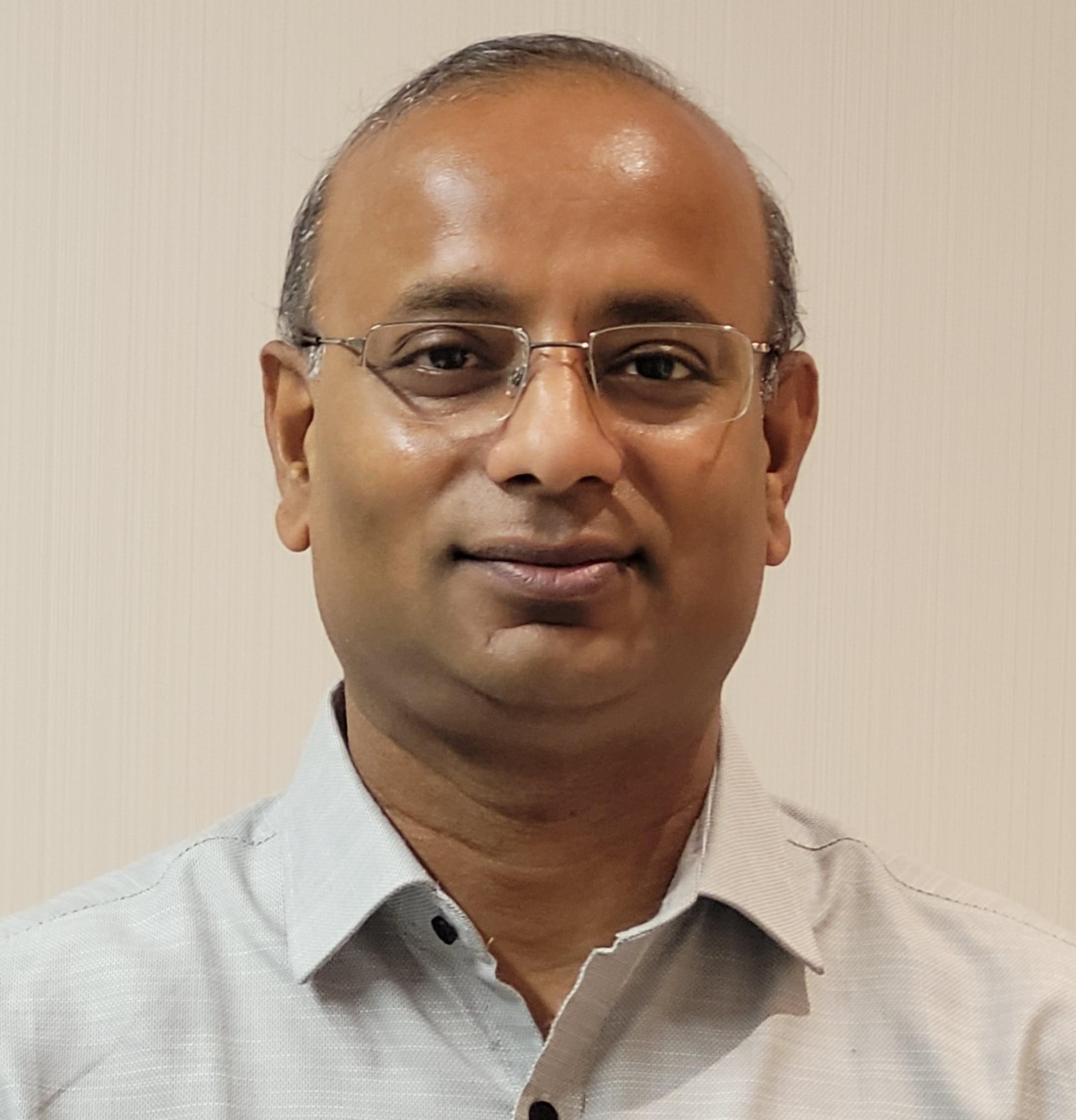
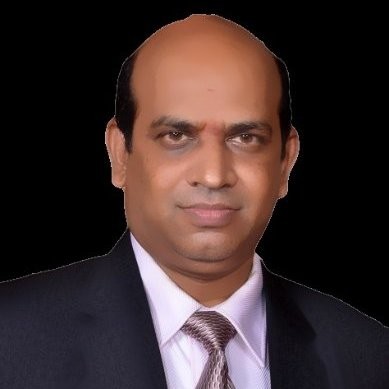
.png)
